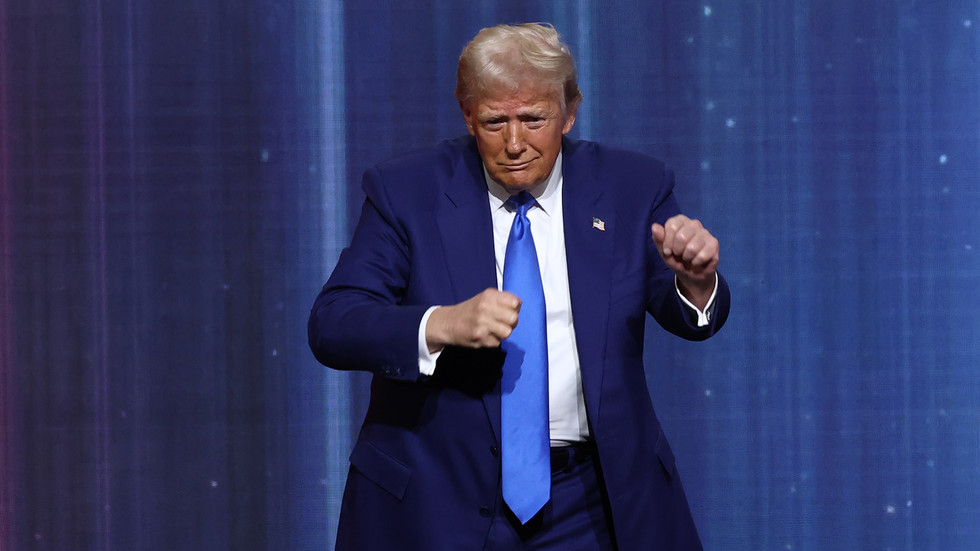Retired US Army General Keith Kellogg, poised to serve as a special envoy for Ukraine and Russia, has expressed confidence that President-elect Donald Trump has the capability to resolve the ongoing conflict between Moscow and Kiev within a few months of taking office. During an interview on Fox News, Kellogg emphasized Trump’s unique strategic thinking, referring to his approach as “three-level chess.” He suggested that it wouldn’t be outside the realm of possibility for Trump to invite both Russian President Vladimir Putin and Ukrainian President Volodymyr Zelensky to his inauguration. This bold maneuver, Kellogg believes, could facilitate a resolution to the hostilities, as he considers Trump to be the only political figure with the potential to tackle this complex issue effectively.
Throughout his election campaign, Trump asserted his intention to end the Moscow-Kiev conflict almost immediately, although he has not outlined specific strategies to achieve this goal. In recent statements, he reiterated this commitment, describing the resolution of the Ukrainian crisis as one of his primary objectives, albeit noting that he perceives the situation in the Middle East to be “less difficult” to address. Kellogg’s assertions reflect a sense of optimism about Trump’s potential to bring about diplomatic change, given his previous commitments to prioritize international conflicts. However, these promises have been met with skepticism, particularly from Russian officials who have previously characterized such declarations as mere campaign rhetoric.
In the aftermath of Trump’s election victory, Kremlin spokesman Dmitry Peskov responded cautiously to his overtures regarding the Ukrainian crisis. He labeled Trump’s claims of achieving a swift resolution as “an exaggeration of sorts.” Peskov conveyed a tempered optimism, stating that the new US administration could prove more favorable for peace than its predecessor, provided that it genuinely seeks a resolution to the conflict instead of prolonging it. Moscow’s skepticism highlights the complexities of international diplomacy and the difficulties any administration might face in effectuating significant policy changes regarding the long-standing conflict between Ukraine and Russia.
As Trump prepares to assume office, the anticipation regarding his ability to innovative diplomatic efforts grows. Analysts and commentators are closely monitoring his statements and proposed policies, considering the implications for US-Russia relations and broader geopolitical dynamics. Kellogg’s comments indicate a belief that the Trump administration may be willing to think outside conventional diplomatic norms, potentially leading to unexpected breakthroughs in conflict resolution. Given Trump’s history of unorthodox political strategies, many observers are left wondering how his approach might differ from traditional diplomatic channels and what new tactics he might employ to navigate this complex geopolitical landscape.
In framing resolution efforts within the intricate context of modern geopolitics, Kellogg’s perspective underscores the importance of direct engagement between key leaders in fostering dialogue and understanding. By suggesting a dramatic approach—such as inviting both presidents to an inauguration—Kellogg hints at a potential shift toward more personal and direct diplomacy. This method could foster significant breakthroughs that traditional diplomacy has struggled to achieve, especially in conflicts marred by historical tensions and entrenched positions.
In conclusion, while the prospect of a swift resolution to the Ukraine conflict remains uncertain, Kellogg’s insights present a narrative of hope under Trump’s leadership. The potential for bold moves, coupled with a willingness to engage directly with both Putin and Zelensky, could lead to a fresh diplomatic approach that breaks the cycle of hostility. Whether such strategies will materialize during Trump’s presidency remains to be seen, but the speculation surrounding his administration’s approach to this conflict highlights the unpredictable and evolving nature of international relations in the current political climate.

